Seceded from Georgia in 1992, Abkhazia is recognised as an independent state by only a handful of countries, including Russia. In his latest show, Julien Pebrel presents a polarised story of place and identity
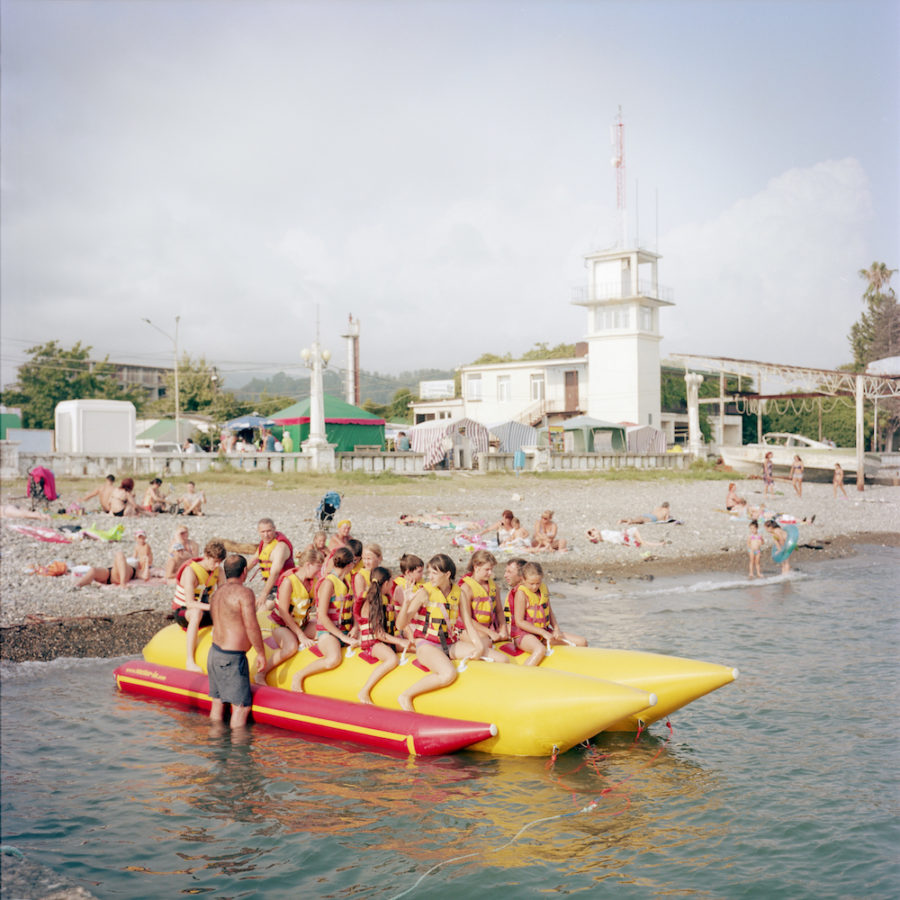

Seceded from Georgia in 1992, Abkhazia is recognised as an independent state by only a handful of countries, including Russia. In his latest show, Julien Pebrel presents a polarised story of place and identity
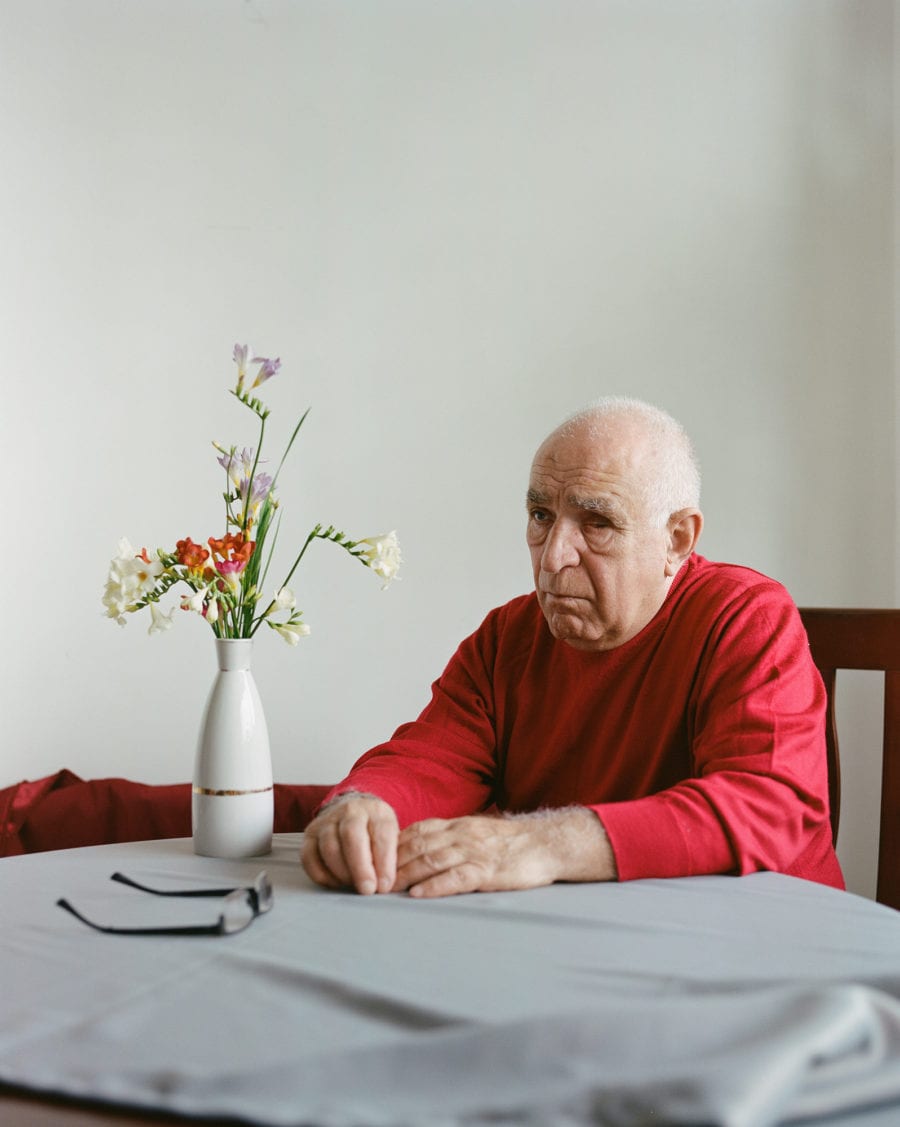
The photographer retraces the migration routes of her family, from Georgia to Armenia to Russia
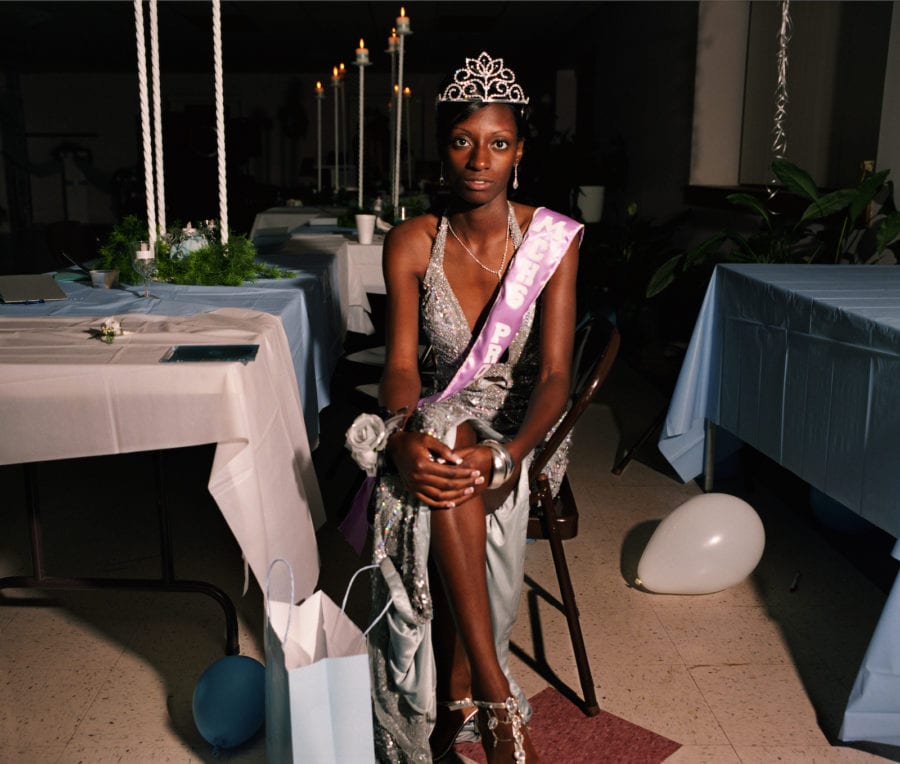
“I would like for audiences to engage with the work, and look at how racism operates in their communities”
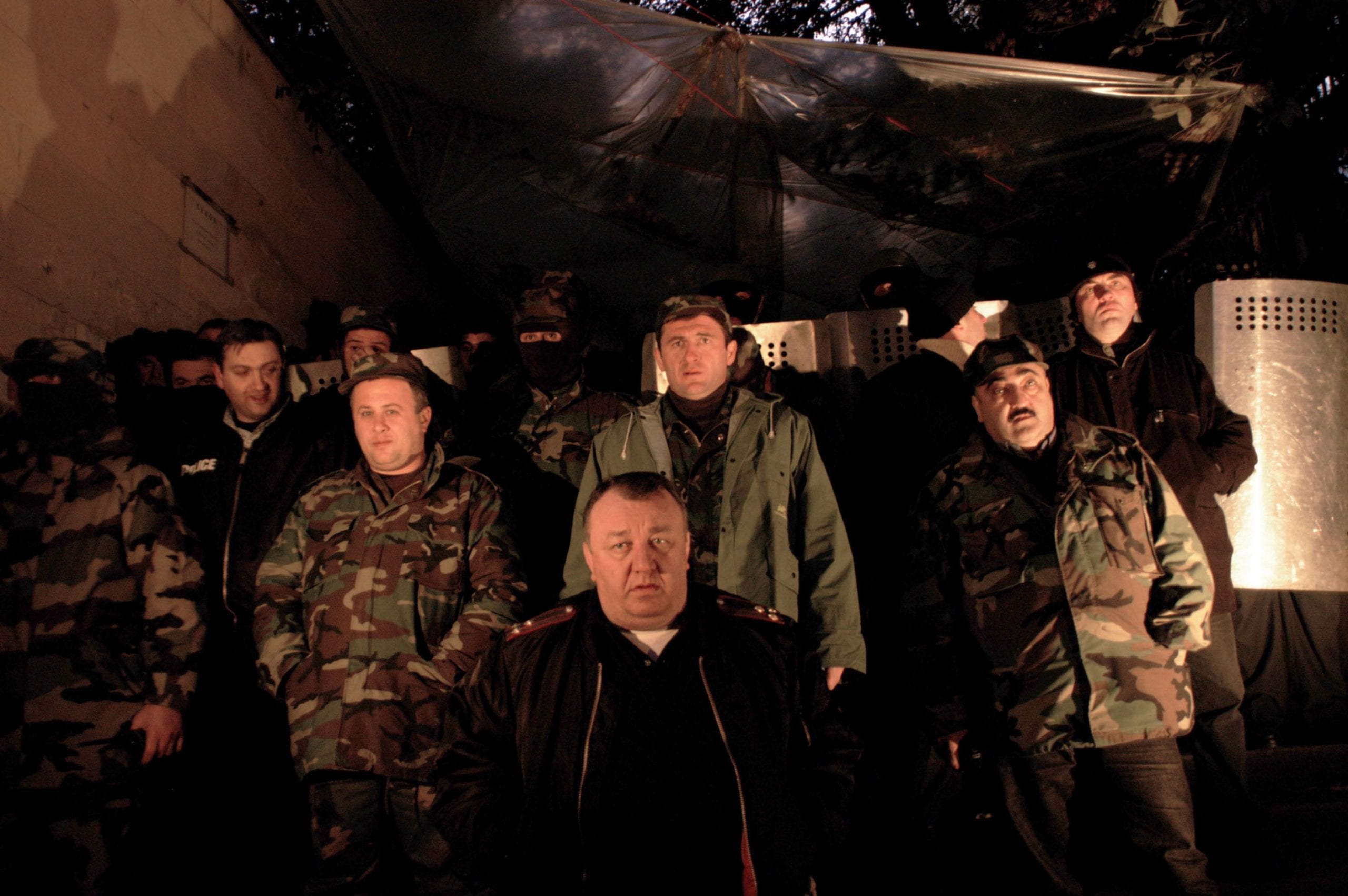
As protests against police brutality continue to gain momentum, Chris Boot and Thomas Dworzak look back at the Georgian revolution, when the president fired the country’s corrupt police force
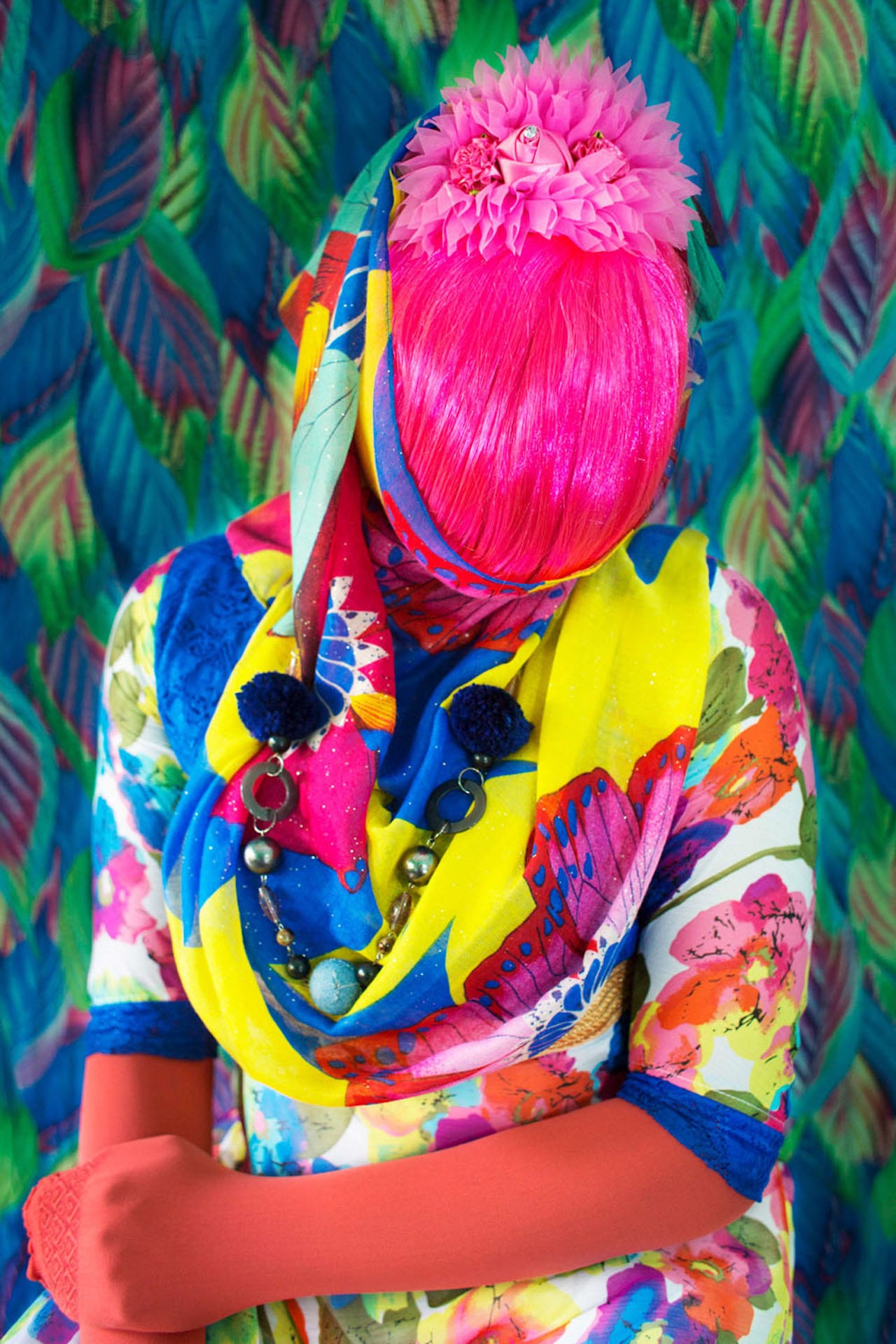
“Chobi Mela continues the way it began,” writes Shahidul Alam. “Unyielding to power.” He’s referencing the very first Chobi Mela festival, which opened in Dhaka, Bangladesh back in 2000. Alam and Robert Pledge had painstakingly put together an exhibition on Bangladesh’s 1971 war, which a government minister – phoning at midnight – wanted to censor; rather than comply and remove the offending prints, Alam and Pledge moved the entire exhibition to a new venue, which opened at 3pm the next day.
“That is how we’ve always done it,” writes Alam, the founder of Chobi Mela. “Against the odds, facing the storm, with the wind against our face.”
Though he doesn’t mention it outright, it’s difficult to read his comments now without also thinking of Alam’s own recent experience, in which he spent 107 days in Dhaka Central Jail last year. The 63-year old photographer and Drik Gallery director was arrested on 05 August after stating in an interview with Al Jazeera that the wave of student protests in Bangladesh last year was a reaction to government corruption. He was charged with violating Section 57 of Bangladesh’s Information and Communication Technology Act (ICT) – which has been used in more than 20 recent cases involving journalists, most of them related to news-reporting – and was held for more than 100 days.
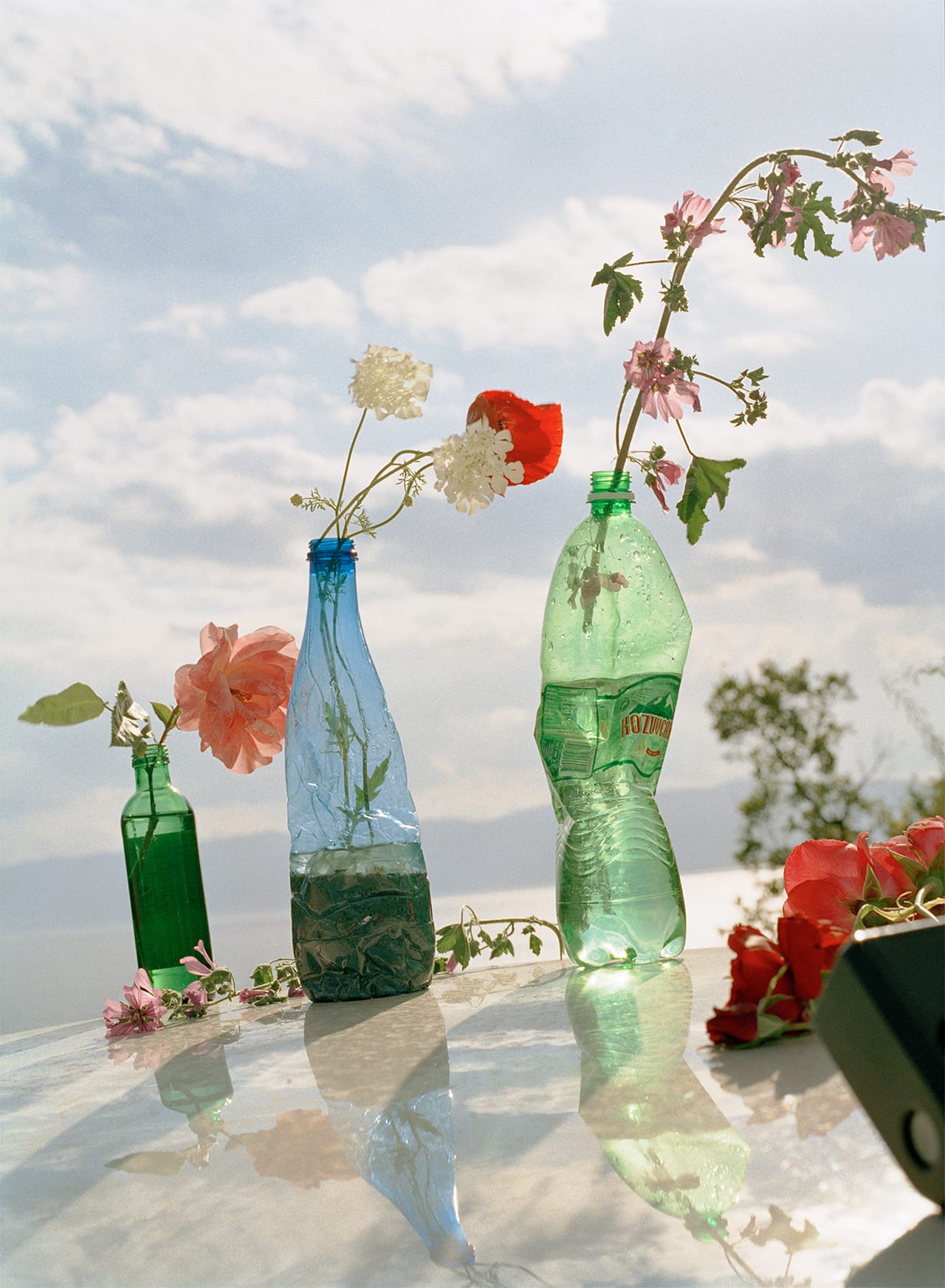
In 1989, a record number of 71,000 Soviet Jews were granted exodus from the USSR after a century of radical changes, fuelled by a wave of anti-semitism. Between 1988 and 2010 over 1.6 million Jews left the territory of the former Soviet Union, most of them settling in Israel but others heading for Germany, Canada, Australia, and the United States.
Irina Rozovsky was seven years old when her family fled from Russia to America in 1988. “It’s ironic in retrospect,” she says. “The USSR was a closed up place where Jews were discriminated against; in the end we were the ones that got to leave and seek out a better life. It was like winning the lottery.”
Rozovsky, now 37, lives in Georgia, US, with her husband and two-year-old daughter. “In my work I’m always circling back to the beginning of things, which for me is leaving one place and settling in another, adapting to a new life,” she says. “My photographs are not autobiographical, but I guess that history and the search for the familiar echoes in how I see. Not being able to see the place that you remember, I think that drives my photography.”
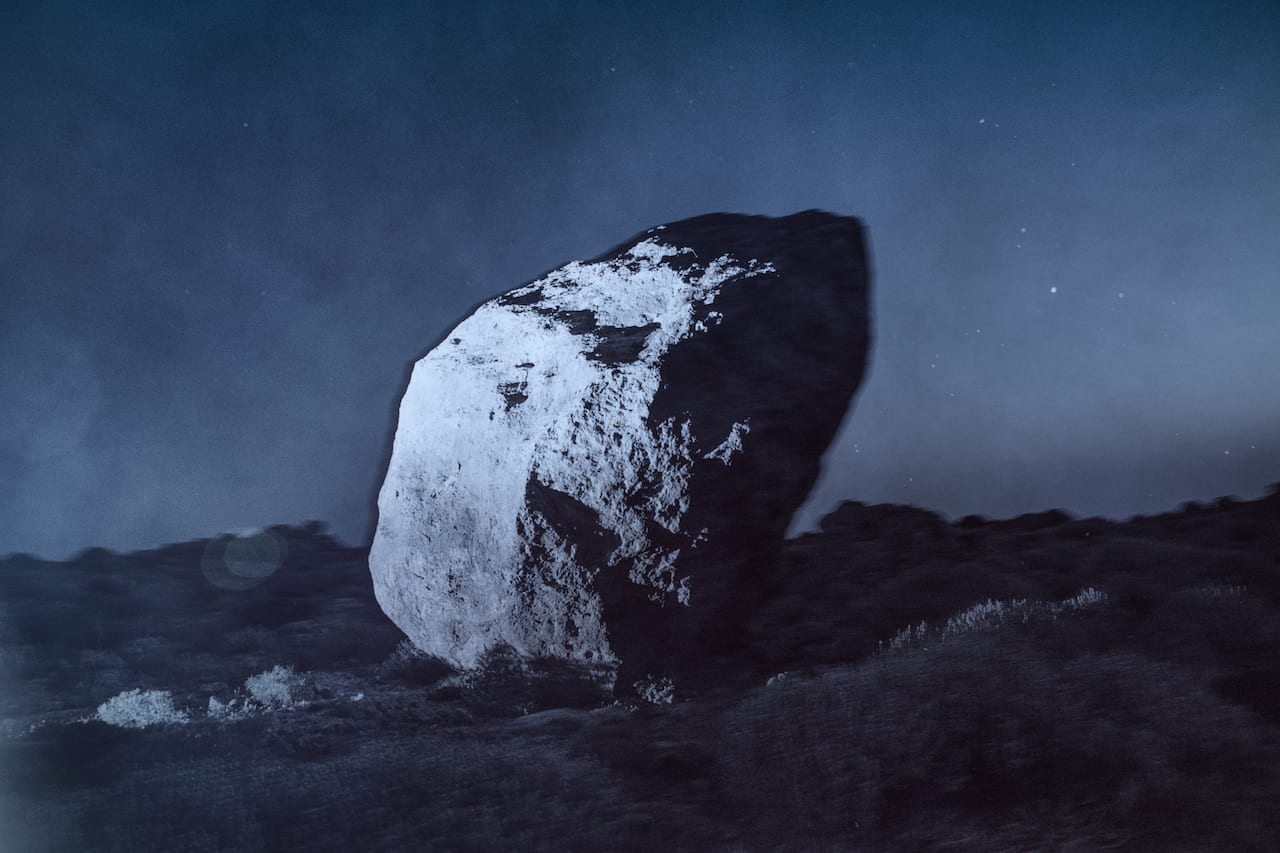
The Circulation(s) festival returns to Paris from 20 April – 30 June, featuring work by photographers based in or originally from Europe. This year the festival has been directed by Francois Cheval and Audrey Hoareau, who used to work together at France’s respected Musée Nicéphore-Niépce but left to set up The Red Eye project. As they’re at pains to explain, though the festival is pitched as a festival of “young photography”, it actually promotes emerging work, whatever the photographer’s age.
“There isn’t really an age limit, the only “true” condition is to come from Europe or to reside in a European country,” they say. “Another criterion is to not have been shown very much in France and Europe. We know that the term ‘young photography’ is ambiguous… Circulation(s)’ desire is simply to offer emerging photographers, regardless of their age, a springboard.”
They add that the festival was one of the first to question the overrepresentation of male photographers, and also to pay its exhibitors; in addition, this year’s edition includes photographers from “countries whose state of contemporary photography is insufficiently known”, such has Georgia or Estonia. It also includes Romania, which this year has a special focus as part of the French Institute’s France-Romania Season.
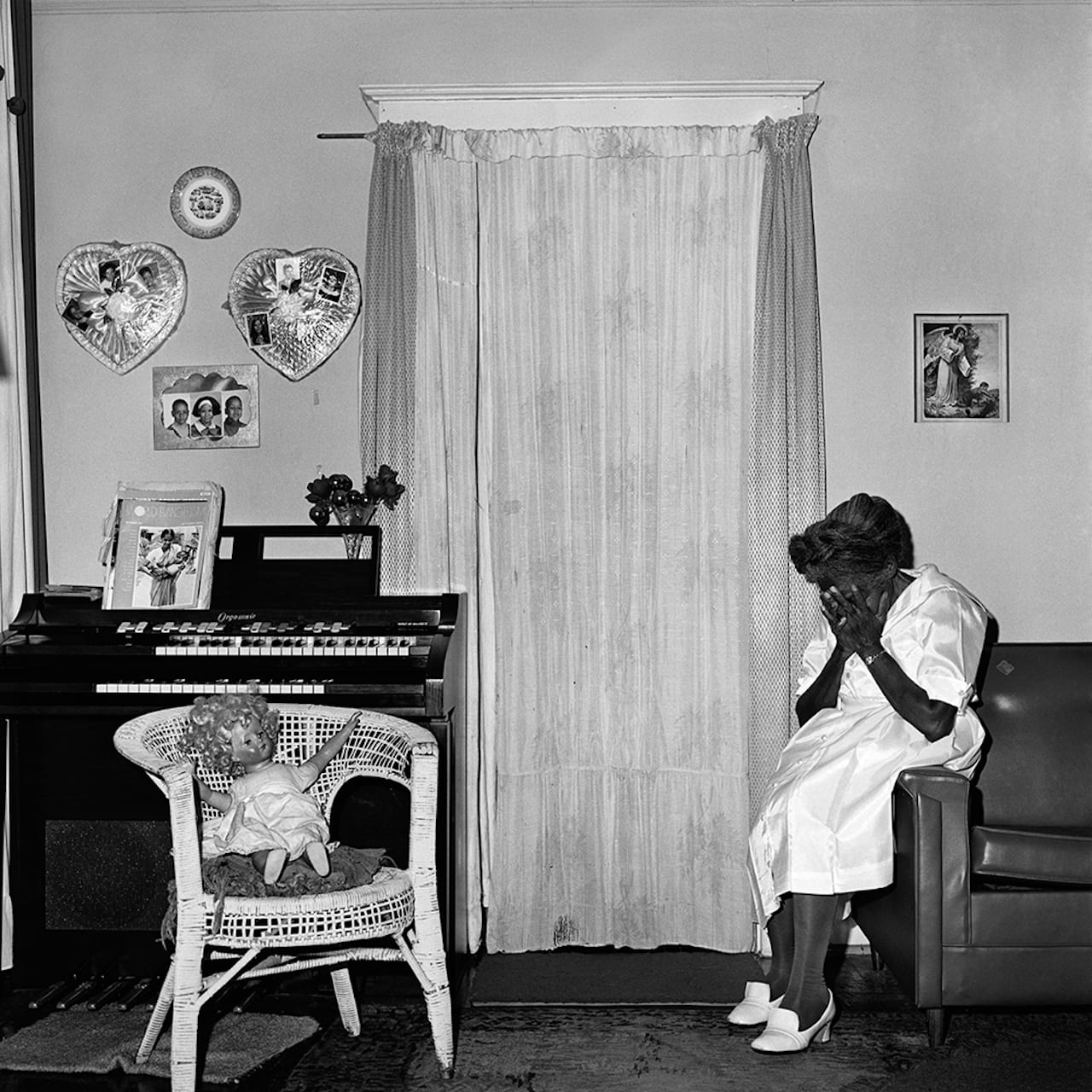
Between 1930 and 1964, Liberty Theater was the name of a non-whites only cinema owned by Rosalind Fox Solomon’s family in Chattanooga, Tennessee. “There was an irony in the name. I chose Liberty Theater as the title of this book because of its multiple meanings,” she says. “In a broader context, the title relates to performance and pretence in the theatre of life.”
The photographs Liberty Theater collects together were taken through the 1970s to 90s in the southern United States, and have never before been published as a group. From Georgia to South California, through Mississippi, Tennessee and Louisiana, Solomon captured the complexity of race, class, and gender divisions.
“I had no idea that photography would change my life,” says Solomon, who began photographing when she was 48, after graduating from college, getting married and raising two children. In 1977 she moved to Washington DC, where her husband worked for the General Services Administration, and visited New York City to study privately with Lisette Model.
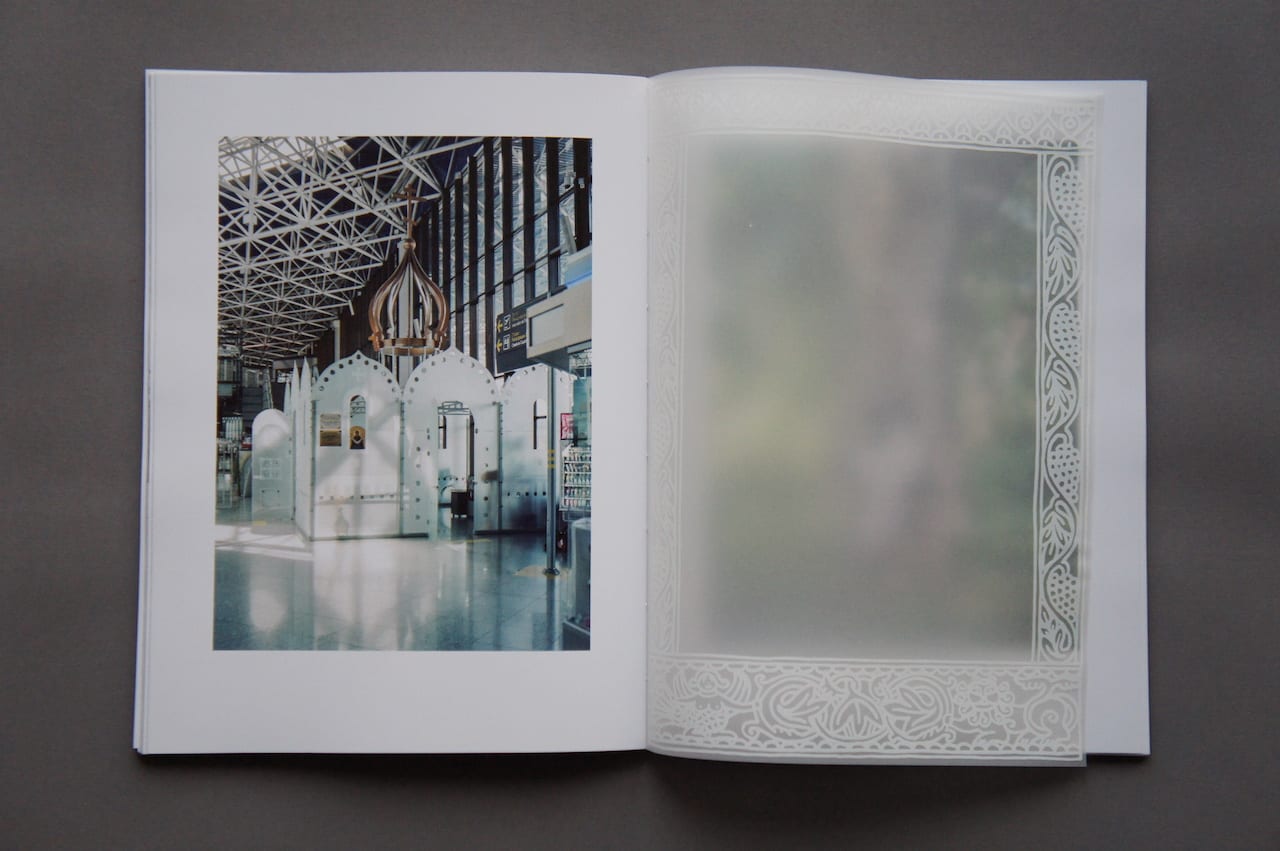
“When I became a parent, I had the idea to make a photographic book for children,” says Russian photographer Andrey Ivanov, who has won the Photobookfest Dummy prize. “I started to photograph subjects and images of Russian fairy tales. At first it was a series of purely staged photos, but then I began to notice that some of the documentary photos I found fitted perfectly into this fabulous series.
“The fairy tale is the most authentic source of Russian archetypes. As the saying goes: ‘A fairy tale is a lie – yet there is a hint in it, a good lesson to good fellows’. The viewer follows the photographic tracks of the main hero of the fairy tale, referring to the cultural codes of the collective unconscious, and guesses or recognises the fairy-tale images, or hints of them.”